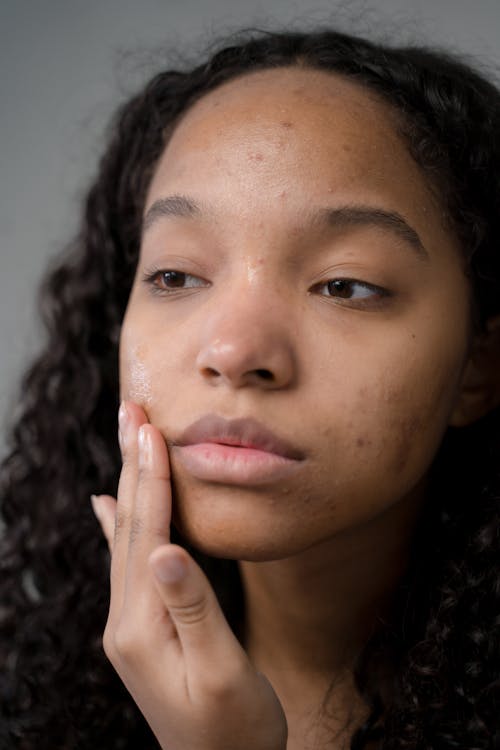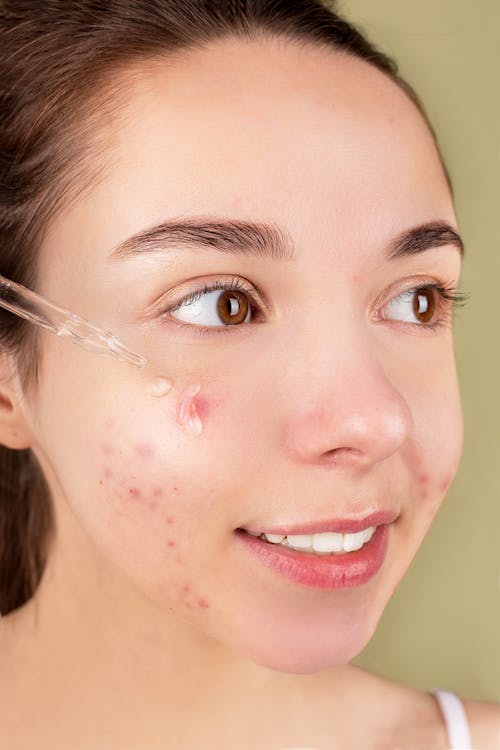10 Mistakes You Need To Be Careful Of If You Have Acne Or Sensitive Skin

The most destructive thought pattern for your skin is not having faith in it. After all, your skin is intelligent! It knows how to revive and heal itself when given the opportunity!
1. Cleansing Habits That Are Aggressive
Are you one of those who frequently cleanse their skin and use harsh products? If so, watch out! These habits can easily take a toll on your skin barrier. Cleanse too often or for too long with abrasive cleaners, and you will be in trouble! Try products that are correct for your skin, like the Lavender Oat Milk Soothing Cleanser from 100% PURE, which will cleanse deeply and also soothe your skin.
2. Harming Your Skin Physically
Alluring as it might feel, overindulging in cotton pads, makeup wipes and cleansing cloths can potentially harm your skin. If you have to use a cotton pad, be gentle when doing so! Additionally, if possible, try not to towel dry your skin after cleansing; this ultimately reduces the irritation caused by rubbing against fabric.
3. Cleansing Water Left on the Skin
Don’t forget to thoroughly rinse your face after using cleansing water! Even though it has milder detergents than a traditional foam cleanser, it’s still capable of dissolving the natural oils and lipids that make up our skin barrier. To maintain healthy and hydrated skin, ensure you remove all traces of cleansing water from the surface with a gentle yet thorough rinsing.
4. Treating All Your Skin The Same Way
It’s important to familiarize yourself with the different areas of your skin and personalize your skincare journey according to what each part needs. For instance, you should only use clay masks, like Tea Tree Deep Detox Mask, or other drying ingredients on oily areas – not everywhere! This will save time and money while also ensuring that your skin is taken care of in a customized way.
5. Using A Lot Of Active Ingredients
As an acne sufferer, it’s easy to think that every skincare item must focus on blemish control. Nevertheless, you should only use active treatments like serums or toners when necessary. In the teenage years up until early adulthood, hydration and moisturization are fundamental!
6. Not Using Moisturizers On Oily Skin
It may appear counterintuitive, but oily skin can benefit immensely from proper hydration and nourishment. If you’re hesitant to give your oily skin the moisture it deserves, a lightweight gel moisturizer is an excellent place to start! Not only will it revitalize your complexion, but it will also help restore balance – leaving your face feeling refreshed and radiant.
7. Overusing Acne Medication
Acne medications, including salicylic acid and benzoyl peroxide, undoubtedly work to deliver overnight results. But rather than relying on them day after day, give your skin the opportunity to rejuvenate itself by taking a break from these treatments for a few days in between uses.
8. Using More Products Than Your Skin Needs
Uncover what your skin needs. An organized daily routine isn’t compulsory, yet make sure each of the products you use performs a distinct function. Don’t forget that more is not always better!
9. Using Anti-Aging Skincare When You Don’t Have To
To avoid unnecessary strain on your skin, it’s best to steer clear of anti-aging skincare products until you are older. Youngsters in their teens and twenties can maintain that youthful radiance by hydrating regularly and wearing sunscreen daily! This simple regimen will ensure that those dewy vibes remain intact for years to come.
10. Cotton Pillowcase
Trade in your cotton pillowcase for silk! Not only are they more hygienic and better at controlling temperature, but they can also do wonders for your skin, hair, and health. Upgrade to a silk pillowcase today – you won’t regret it!





